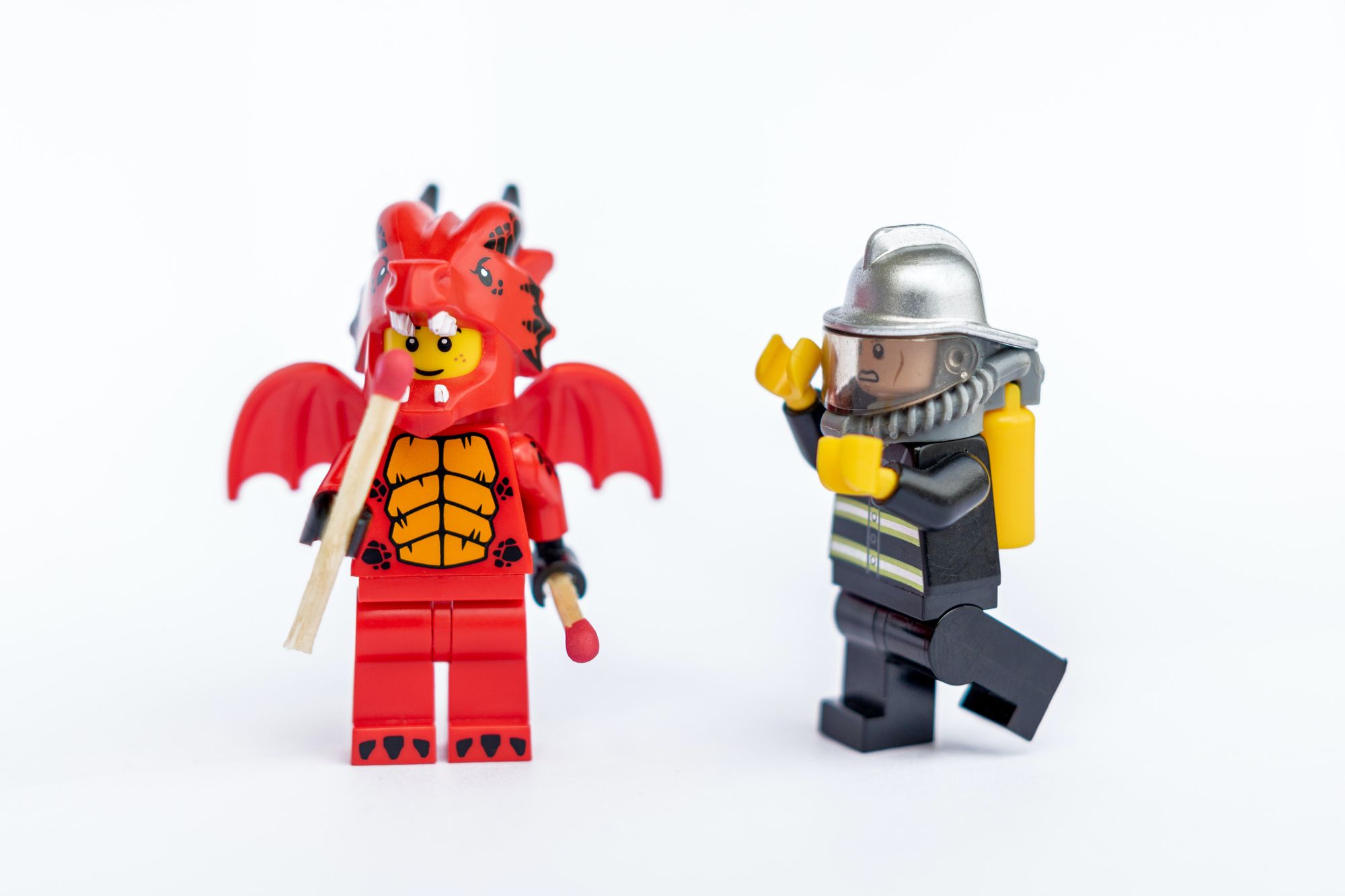Talk to people with different life experiences, not just different politics

I want to talk about the idea of “living in a bubble”.
The theory goes that if you’re left-wing, and all your friends are left-wing, and you only read the Guardian and watch ABC, you’re never exposed to the views of intelligent conservatives, only strawman versions of them, and so your opinions and viewpoints are never meaningfully challenged. I disagree with this for a lot of reasons that I won’t go into — it’s not my point here.
I want to talk about it because the common definition of a 'filter bubble' is purely political. As though, if you’re not getting the viewpoint of someone who thinks a different person should be prime minister, you’re not getting exposed to anything that could change the way you think.
But a lot of stuff matters that isn’t politics, a lot of ways of seeing the world come from other experiences.
Waitresses and bartenders see restaurants totally differently to customers. I mean that literally, visually: their sense of the layout is reversed, centred around the kitchen, the table numbering system, the stairs to the basement, etc. Performers see things completely differently to punters.
A comedian explained to me that when you’re doing a show, and something distracting happens (someone smashes a glass, there’s police sirens in the street), it’s crucial that you make a joke about it. It doesn’t have to be a good joke. It can be an incredibly boring cliché. But you have to acknowledge the distraction, incorporate into the event, and bring focus back to you. Otherwise the audience will be thinking about it and fidgeting. So as an audience member, you’re thinking “that wasn’t funny, why bother saying that.” But the purpose wasn’t to make you laugh, even though it sounded like it was meant to. The purpose was to keep the energy of the whole show on track.
I’m not a performer of any kind, and I’ve learnt so much from talking to comedians, musicians etc., about some surprisingly analytical and technical aspects of stagecraft that you would never realise was done so carefully. It’s changed the way I view performances — including the “performances” of bartenders, teachers and people holding forth at parties.
And I mean — my newsletter (The Whippet) has no Left or Right, so is it in a bubble? Let’s look at some of the things I’ve included recently. The life of a Trappist Monk is almost entirely different from my own, but they don’t mention supporting Trump, so somehow that doesn’t count as “getting outside your bubble”? Learning how a deaf person sees hearing culture doesn’t count? Or what it’s like to be a bodyguard for Saudi princes? Or a South African ghost miner?
What I’m saying is: narrow politics is this tiny sliver of human experience, and you can exclude it from your bubble while still talking to hundreds of different types of people and having your perspective expanded or challenged or turned on its head.
And I would argue that the bubble of people who argue about the political situation in Western countries with both liberals and conservatives, but without exposure to any other kinds of thinking, is much smaller and more homogeneous than people who keep within their own political spectrum but talk to rodeo clowns and deep-sea divers and soldiers and janitors and public servants and former cult members and people with quadriplegia.
This piece was originally published in The Whippet #12 – subscribe to get the next one in your inbox!
Comments
Sign in or become a Whippet subscriber (free or paid) to add your thoughts.
Just enter your email below to get a log in link.
A newsletter for the terminally curious
Arrives in your inbox every second Thursday.
